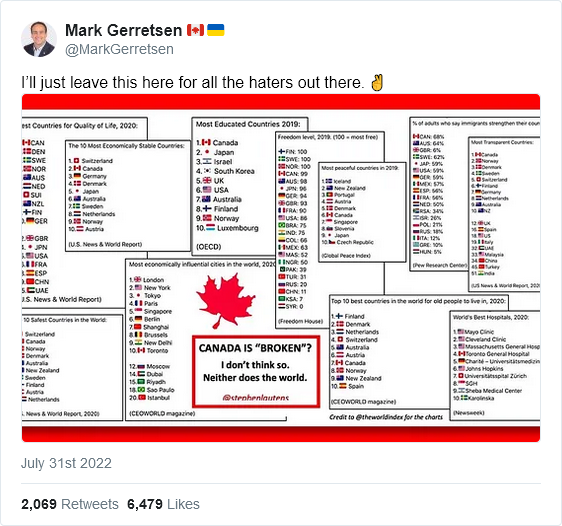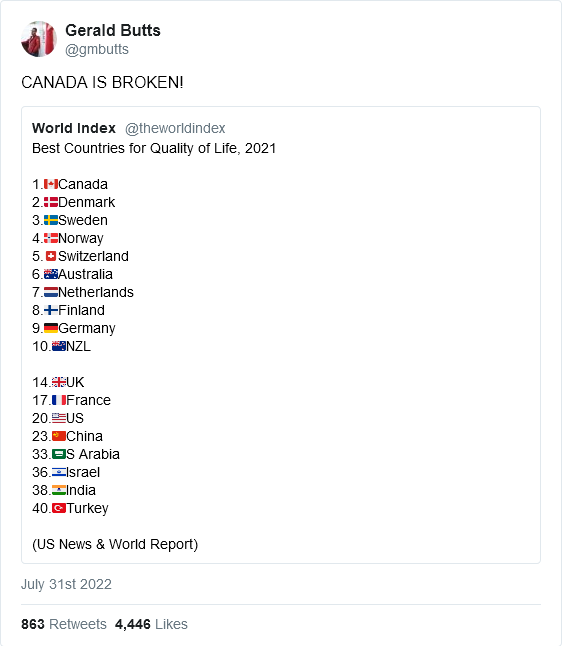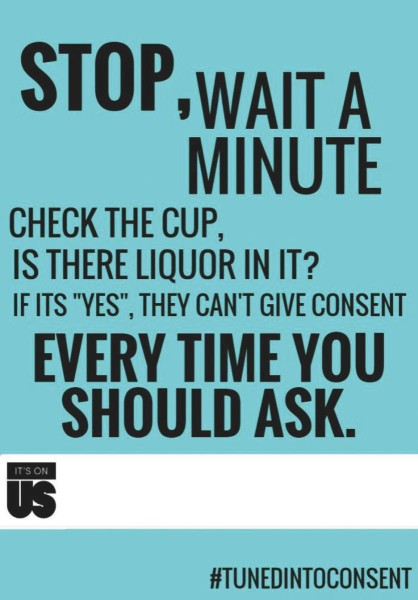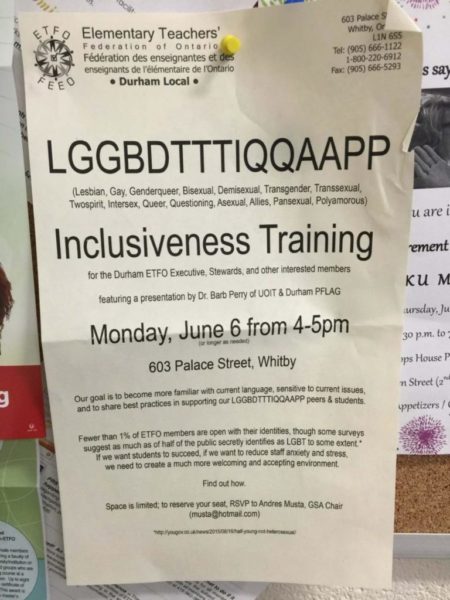Jim Treacher isn’t a Trump fan, didn’t vote for him, and even he is being coerced into very grudging support of the man, thanks to the incredibly ham-handed things the US federal government has been doing:
Our moral, ethical, and intellectual betters are now scolding us for referring to the FBI’s search of Mar-a-Lago as a raid. We’re not supposed to call it a raid. Which means, of course, it was definitely a raid.
We still don’t know what they were looking for during this raid. Or do we?
Oh.
Wait.
What?
Nuclear documents? What, like launch codes? Schematics? Locations? What are we talking about here?
What did they think the guy was going to do with this stuff? Is any of it even current? Don’t they change the launch codes every day? And nobody missed these documents for 18 months? What’s the danger here?
Call me a RINO cuck turncoat all you want, but I don’t trust the government, no matter who’s running it. I had to learn that the hard way when the State Department crippled me for life and then lied their asses off about it. That’s what bureaucracies do. They protect themselves at all costs, and the truth is the first thing to go by the wayside.
Sounds like that’s what’s happening here. They really screwed up this time, and now they’re panicking.
It’s been seven years since You-Know-Who rode down that escalator and threw his hat into the ring, and the Democrats have learned absolutely nothing. The more they try to hurt this guy, the more they end up helping him. Now they’re galvanizing the right behind him. Even traitors like me, who think 1/6 was bad and probably wanted Hillary to win, are incredulous that they’re abusing their power like this.
It’s already backfiring, but at least the libs can still air out their bloodthirsty fantasies:
They really do believe that’s what he did. They really do believe that’s what will happen to him. Or at least they’re willing to pander to their insane followers on social media.
















